Henry Tang: Pushing forward US-China dialogue
Updated: 2015-01-29 06:48
By AMY HE in New York(China Daily USA)
|
||||||||
In the 1960s, Henry Tang was an undergraduate student at Columbia University pursuing a degree in international economics and tinkering with the idea of getting a PhD and becoming a US-China specialist. He would go to Columbia's library to take out books on China.
"I read every book they ever wrote about China when I was at Columbia. There were only six in the bookstore. There were only six, and I read every one," Tang recalled. "Once a month I'd try to go to the bookstore to find a new one to buy, but there weren't any."
Tang was a student in the thick of the Cold War, when knowledge and information about China was limited. Fears of the rise of communism were rampant in the United States even in the aftermath of McCarthyism, and it was a time when it was safer for the Chinese community to claim loyalty to Taiwan than it was to maintain ties to the mainland.
"For a person of my era, you almost had to hide under the Taiwan umbrella. It gave you an artificial shelter, because if you didn't, you could have been suspected as - not so much my generation, but my parent's generation - being a communist sympathizer," Tang said.
Noodle shops in Chinatown in the 1960s had tent cards on each table that had instructions written in Chinese about what someone should do if approached by a US immigration officer. Senator Joseph McCarthy, who stoked public fears of communism in the 1950s, died in 1957, but his influence remained strong, and the Chinese community reacted accordingly.
"When the water is contaminated, it takes a long time for it to get clear again," said Tang, now in his 60s. "The fear had to be pretty acute for one of these Chinese associations to print these instructions out. Most noodle shops had them. Back then, there were three or four laundrymen who committed suicide by stepping in front of a subway train because they were accused of being communists."
Tang didn't end up going the US-China specialist route, and instead landed on Wall Street, remaining there for the next three decades. He was the first Chinese-American investment banker in New York's financial hub, spending time at some of the biggest US firms like Salomon Brothers, Lehman Brothers and Prudential. He founded his own firm — Carnegie Towers Strategic Investment Advisory — in 2005 and remains managing director.
But China was always at the back of his mind, and Tang, who was born in Hong Kong and immigrated as a young baby, worked regularly with the Chinese community. He was chair of non-profit organization Chinese-American Planning Council from the late 1970s to 1990.
In 1989, Tang co-founded the Committee of 100 with fellow Chinese Americans I.M. Pei, Yo-Yo Ma, Oscar Tang (no relation to Henry Tang), Shirley Young, and Chien-shiung Wu. Pei felt that no individual could represent the entirety of the Chinese-American community, and sought to form a group that could provide a forum for discussion and debate, Tang said.
In the decades since, China has taken its economy down a path that has never been replicated by any other country, he said, but China has a new set of challenges to deal with in its adolescence as a modernizing country.
"I was once in [former President] Jiang Zemin's office. Someone had asked the question, ‘What is the first thing you think of in the morning when you wake up?' He says, ‘All I know is that I have between 10 and 15 percent of people in this country unemployed. That's around 150 million people not working, and that is my most important responsibility,'" Tang said.
"Few years later, second George Bush asked Hu Jintao the same question, and he said, ‘Every year, I have to find 25 million new jobs.' That is the No 1 responsibility of anybody who is in charge of China, whether Hu Jintao, Xi Jinping, Deng Xiaoping, Jiang Zemin. No president of the United States, no president of Brazil, no leader of India or any other country has that challenge. So up against that, what do you do? Do you subscribe to a laissez faire economics system? Such as the one that existed in China for most of the 20th century? And we know where that led. Or do you do something else? Do it another way?" he said.
China is tackling its problems the best way it can for a country that essentially has only had a modern economic system for 35 years, Tang said, and against that historical backdrop, China's growth and modernization rate have been unprecedented. Western economists and commentators say that the country is experiencing downturn, but "7.4 percent growth is not a defeat," he said. "It's still 7 percent growth on top of growth from the previous year."
"For the current commentators, they're impatient. These systems may take another 25 years. We will all be 25 years older when it happens, if it happens 25 years from now. You can't be impatient about it. That's what you might say is the point of contention of the two systems," he said.
"In an era of nanosecond emails, people are impatient. If this was 1815 instead of 2015, people could perhaps understand and be more accepting. We are talking about a socioeconomic system that has the responsibility and the burden of taking care of 20 percent of the world's humanity. And therefore, needs to be managed very carefully."
amyhe@chinadailyusa.com

 International rescue teams head to quake-hit Nepal
International rescue teams head to quake-hit Nepal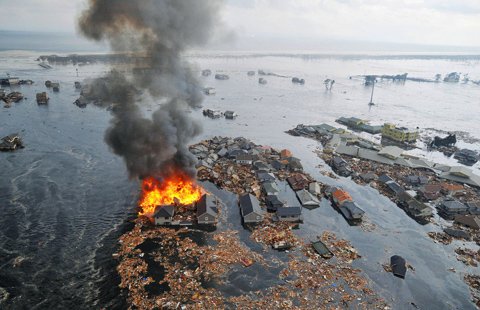
 World's deadliest earthquakes since 1900s
World's deadliest earthquakes since 1900s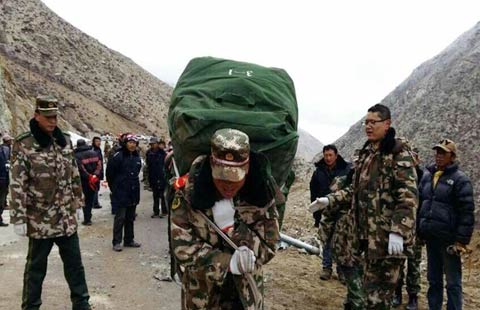
 Rescuers deliver relief supplies on foot
Rescuers deliver relief supplies on foot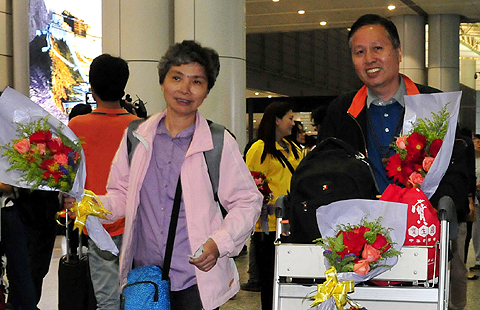
 China brings trapped nationals home from quake-hit Nepal
China brings trapped nationals home from quake-hit Nepal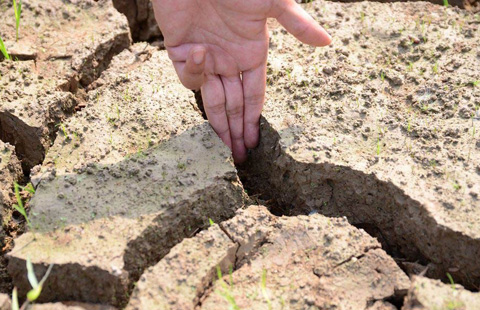
 Severe drought hits Southwest China
Severe drought hits Southwest China
 History razed in Nepal earthquake
History razed in Nepal earthquake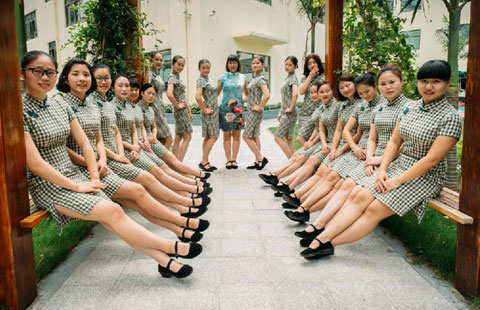
 'Chi-pao teachers' found in Guangdong
'Chi-pao teachers' found in Guangdong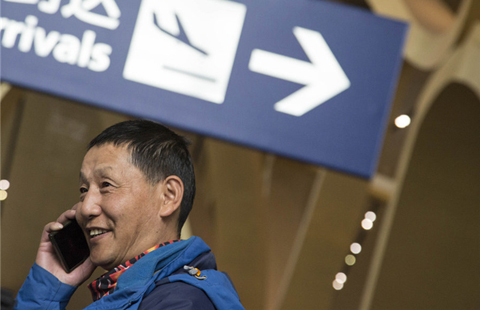
 Tourists evacuated from Nepal quake area arrive in Kunming
Tourists evacuated from Nepal quake area arrive in Kunming
Most Viewed
Editor's Picks

|

|

|

|

|

|
Today's Top News
Chinese, Koreans seek Japan apology
China rescue team starts work
Three US citizens among dead in avalanche after Nepal quake
Chinese rally across US to support NYC police officer under indictment
New publication will focus on China's energy industry
Abe's US trip: sense or sensibility?
China to overtake US in mobile gaming market
Nearly 2,500 confirmed dead in Nepal quake
US Weekly

|

|






